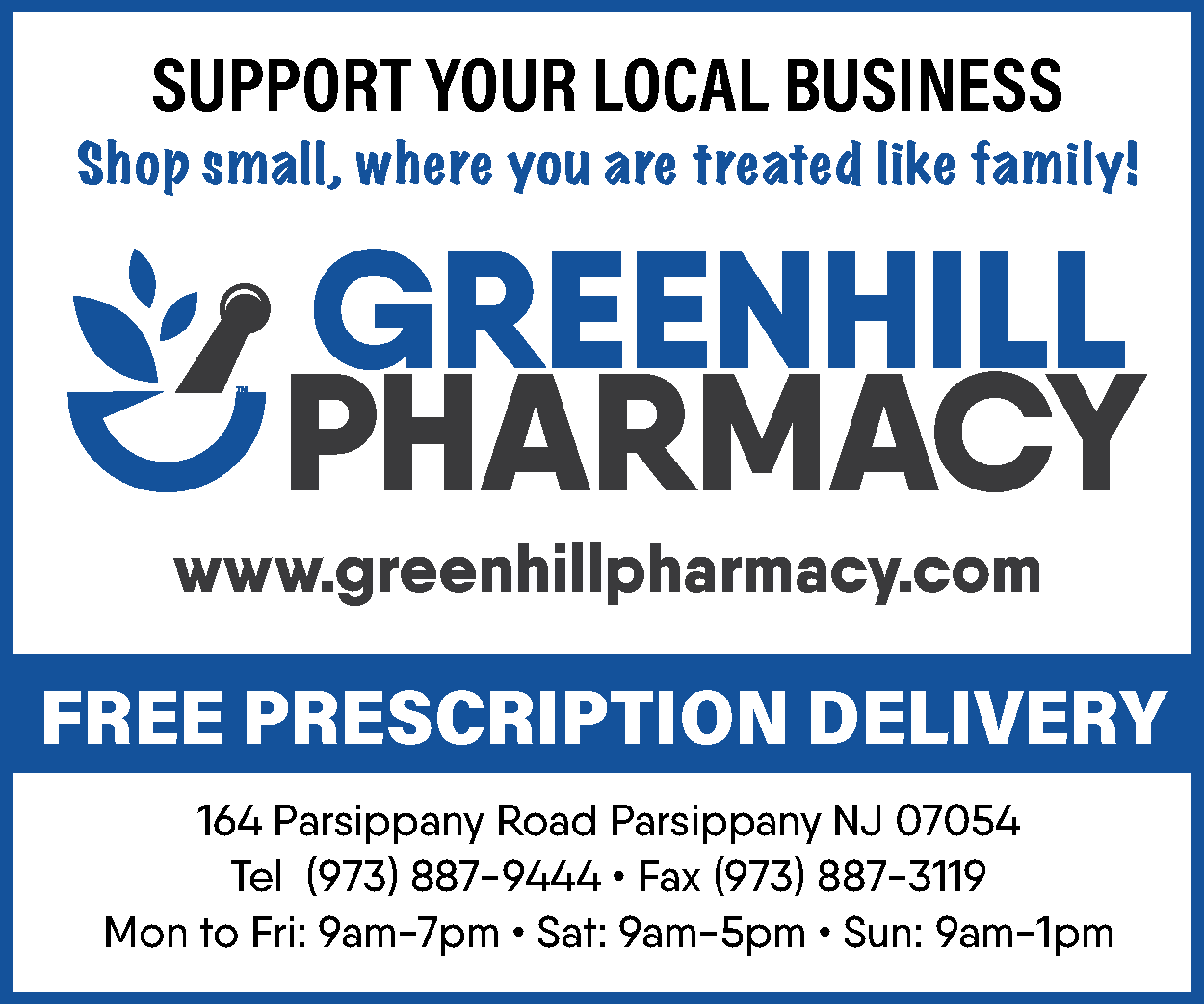PARSIPPANY — The Parsippany Green Team and The Parsippany Environmental Advisory Committee are Going “Jersey Native”!
Did you know that providing habitat for beneficial pollinators such as butterflies, bees, and insects is one of the most important things you can do for the environment? Maintaining sustainable landscapes by promoting the planting of native plants creates an ecosystem that has a far-reaching impact.
The Parsippany Green Team and The Parsippany Environmental Advisory Committee are helping coordinate “The Plants for Pollinators Online Sale”, plantsale@greatswamp.org, which is operated with the promotion and volunteers from Community Plant Sale Partners that include ten towns and seven community organizations.
What are Native Plants?
Native plants are species that were present at the beginning of the European settlement of North America. These plants have evolved and established symbiotic relationships with other native plants, insects, and animals, and many are dependent on one another to succeed. Once established these plants do very well with minimal care.
Why Consider Native Plants?
Native plants have evolved to flourish within their specific ecosystems and thereby, support ecosystems with more diversity than those with exotic or non-native plantings. Exotic plants may offer a nectar source for wildlife, but often their leaves, fruits, pollen, and nectar do not meet the nutritional needs of the wildlife. When a region has too few native plants, the food web, the ecosystem, is jeopardized and flora and fauna decline.
What Going “Jersey Native” can do for your Jersey garden?
• Native plants save time. Native plants are hardy, low-maintenance, and well-adapted to the local climate and soil. They have natural defenses to plant diseases, harmful insects, and pests. Once established, native plants flourish with normal rainfall and minimal care.
• Native plants save money. Natives require little or no fertilizers or pesticides, saving you money.
• Native plants attract and support biodiversity. New Jersey, the most densely populated state, has lost a considerable amount of wildlife habitat. Native plants in your yard can create new habitats to help balance the loss. Plant a variety of native plants to provide year-round sources of nectar, seeds, and fruits and diverse types of cover for birds, butterflies, and insects.
• Improve water quality. Native plant roots help prevent erosion by holding soil in place, increasing infiltration of rainwater into the ground, and filtering pollutants like lawn chemicals from the water. Since native plants lessen the need to apply fertilizers and pesticides, they keep our water cleaner and healthier by reducing the amount of pollution that rainwater runoff can carry into our waterways.
Our joint goal is to foster broad adoption of native plant gardens across our area to create necessary habitats for the pollinator insects and bird communities that are foundation elements of our local ecosystem.
The Great Swamp Water Shed Association (GSWA), in conjunction with the sale, is offering a native pollinator plant webinar series in preparation for our Native Plants for Pollinators Sale taking place online April 1-22. Join GSWA for “What’s the Buzz”? the second in a three-part series of free one-hour webinars, as we take a closer look at our native pollinators and the important roles they play in our gardens and in supporting healthy ecosystems. More than 75% of all flowering plants need pollinators to reproduce – and your garden veggies need their help too! Native pollinators have fascinating life histories, so knowing about gardening for pollinators from the insects’ perspective will enable you to truly welcome them to your yard. URL/Signup Link https://www.greatswamp.org/event/native-pollinators-whats-the-buzz/
Contact plantsale@greatswamp.org to request ongoing email updates and reminders.













